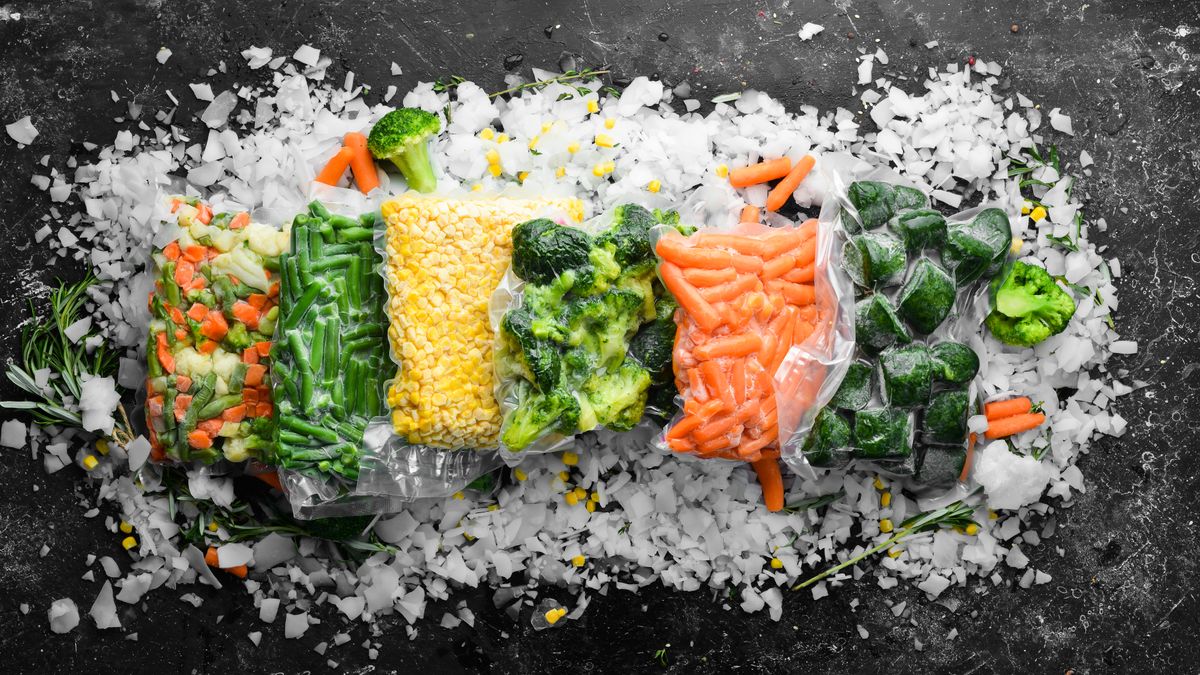The Importance of Stocking Your Freezer A well-stocked freezer can be a game changer in your daily routine and overall health. With a variety of nutritious and convenient options at your fingertips, you'll never have to resort to unhealthy take-out again. Here's what our experts recommend keeping in your freezer at all times.
Frozen Foods: The Key to Convenience and Health According to founder of GetNaked® Nutrition and author of Slimdown with Smoothies, Laura Burak MS, RD, frozen foods are the answer to the age-old question "what's for dinner?" Stocking up on a variety of nutrient-packed frozen options can save you time and money, while also providing healthier options than take-out.
Expert Approved Frozen Foods To help you get started, we asked our medical board members what they keep in their own freezers. Get ready to fill your cart with these nutritious frozen items and make meal time stress-free.
1) Berries and Other Fruits
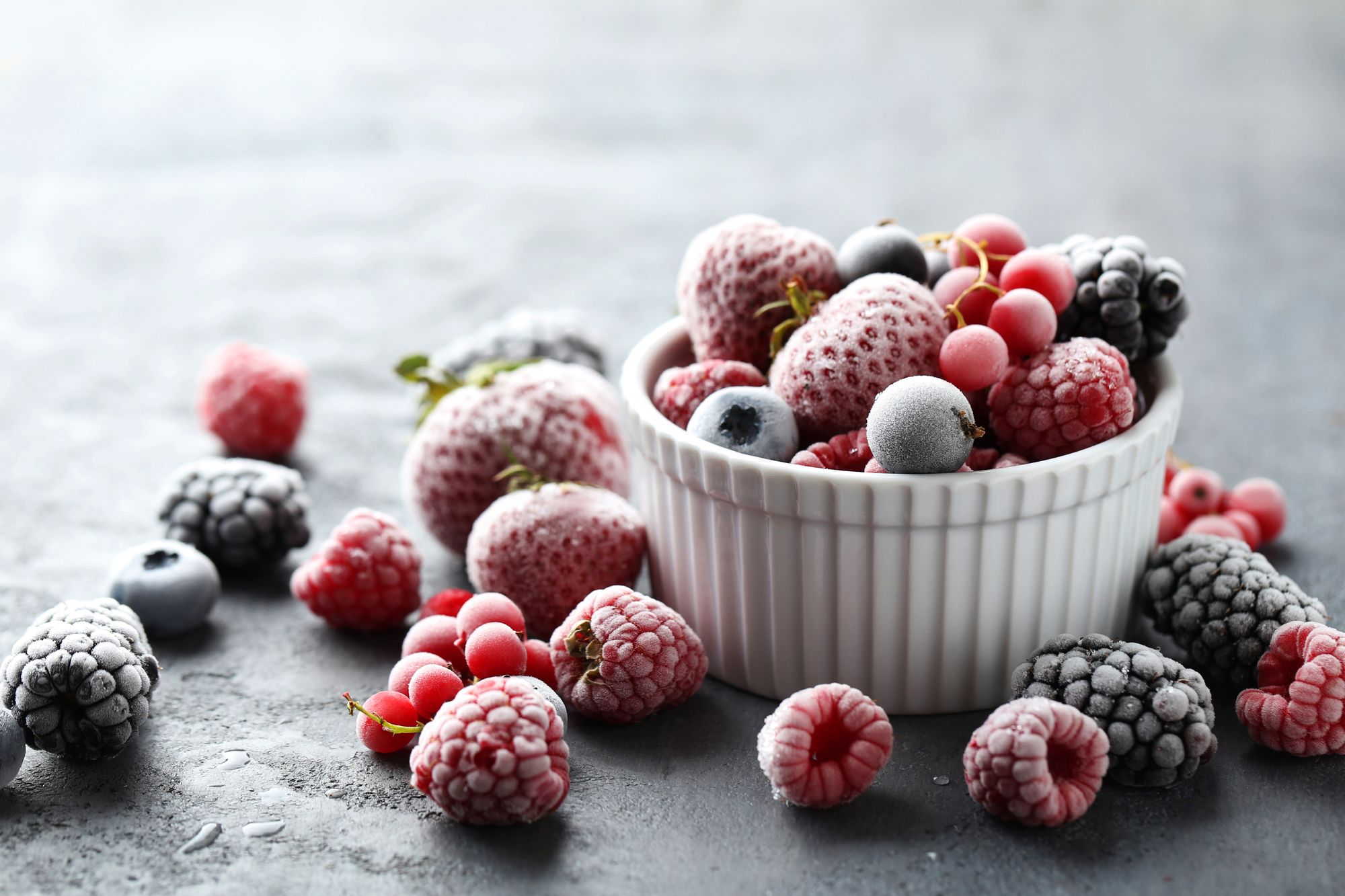
Maximizing Nutritional Benefits with Frozen Fruits Frozen fruits can be a hidden treasure trove of nutrients that are often overlooked. As they are frozen at their peak of ripeness, they can actually be more nutritious than fresh fruits. This is according to Laura Burak MS, RD, founder of GetNaked® Nutrition and author of Slimdown with Smoothies.
The Power of Frozen Berries Berries, in particular, were a favorite among our experts. Blueberries, specifically, were touted as a "nutritional powerhouse" by Amy Shapiro, MS, RD, founder of Real Nutrition NYC. She explains that the frozen version of these tiny fruits contain double the antioxidants and 72% more fiber compared to fresh blueberries.
Choosing the Right Brands When shopping for frozen fruits, Burak recommends reaching for organic brands with no added sugars. This way, you can ensure that you are getting the maximum nutritional benefits without any added artificial ingredients. So, stock up on a variety of fruits like berries, mango, cherries, and pineapple and blend them up for a nutritious snack or meal.
2) Peas
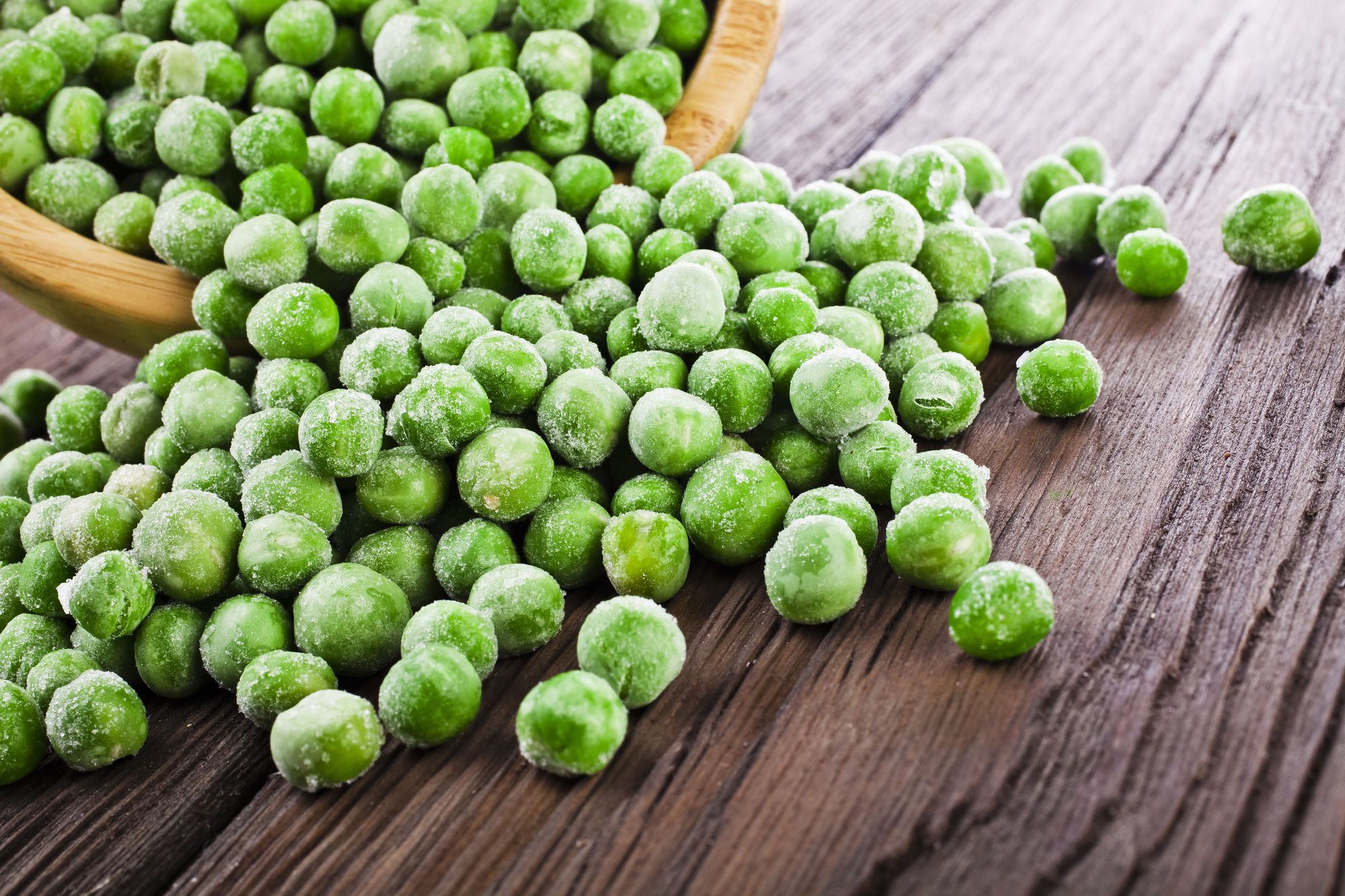
While fruits are important, it's essential not to forget about vegetables in your diet. Our experts recommend keeping a variety of frozen vegetables on hand for quick and nutritious meal options. Here are their top picks.
Peas: A Versatile and Nutritious Option Amy Shapiro, MS, RD, founder of Real Nutrition NYC, is a big fan of frozen peas. She suggests adding them to pasta dishes at the end of cooking for a quick and easy way to add green, protein, fiber, and nutrition to your meal. This is an excellent option when you're out of fresh vegetables, but still want to include them in your dinner. Plus, it's a vegetarian and kid-friendly option that everyone in your family is sure to enjoy.
3) Spinach
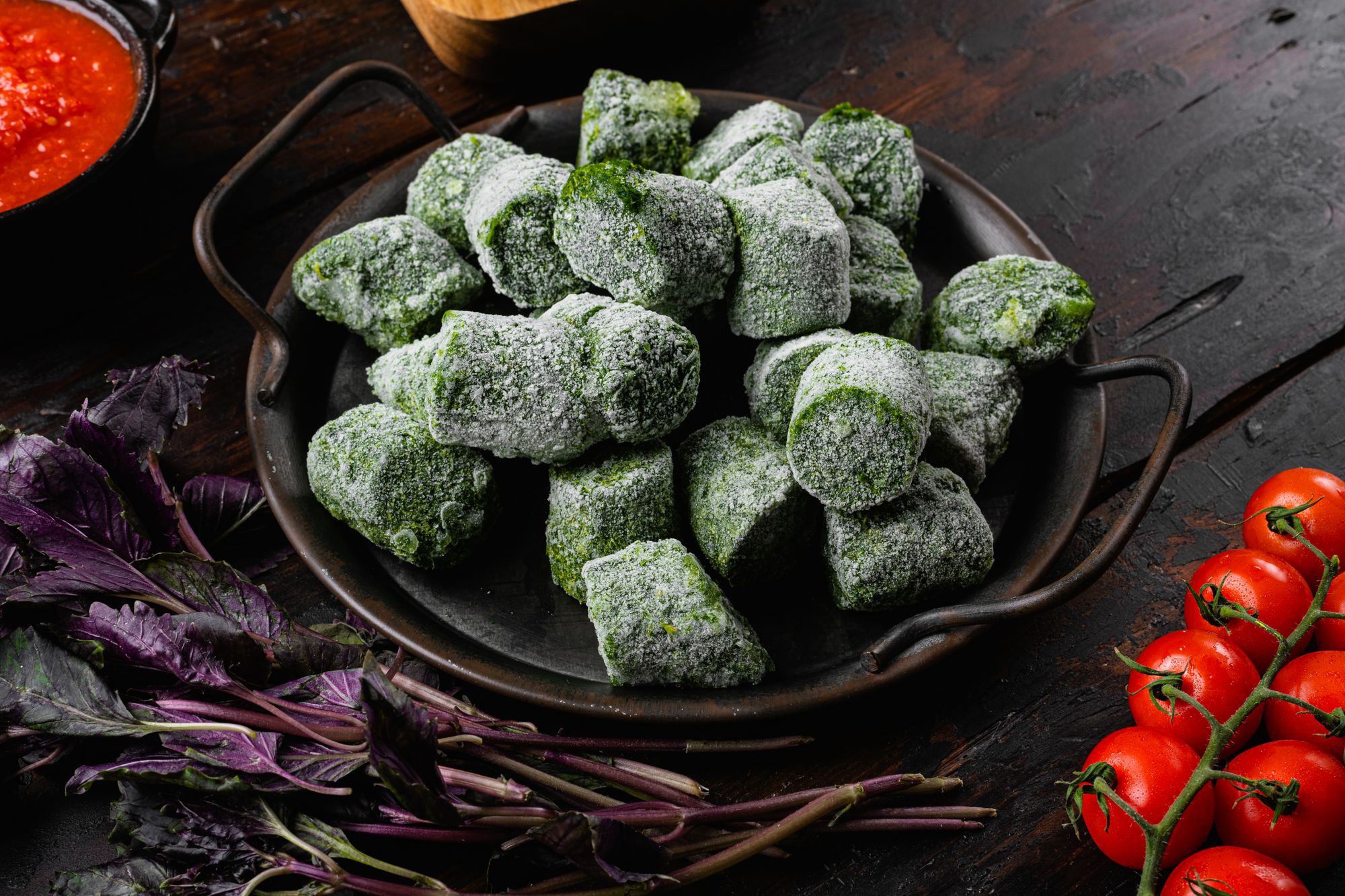
Maximizing Vegetable Intake with Frozen Spinach Nutrition consultant and author of Finally Full, Finally Slim, Lisa R. Young, PhD, RDN, swears by keeping a stash of frozen spinach in her freezer. According to her, it's an excellent ingredient to add to soups, stews, and other vegetable and meat dishes for an added boost of nutrition.
Incorporating Veggies in a Creative Way For those with picky eaters, Laura Burak MS, RD, founder of GetNaked® Nutrition, suggests adding veggies like spinach or avocado chunks to your fruit smoothies. This is a sneaky way to get in additional vitamins and minerals without anyone noticing. As Burak promises, "You won't even know those veggies are hiding in there." So, consider adding frozen spinach to your shopping list for a nutritious and delicious addition to your meals.
4) Corn
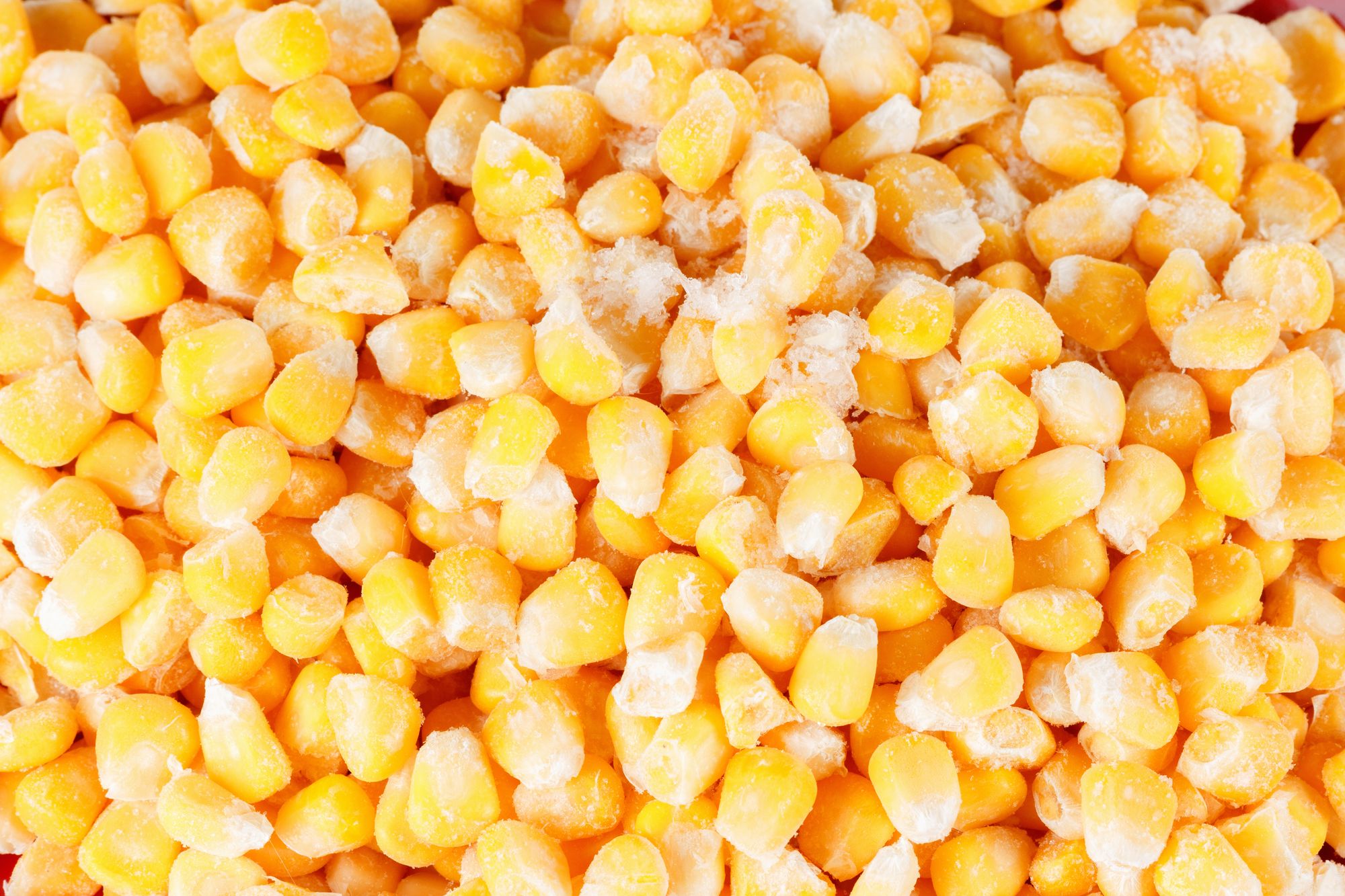
Get the Best Out of Your Frozen Corn Summer barbecues often feature fresh ears of corn, but what do you do when the colder months arrive and fresh corn is nowhere to be found? Nutrition consultant and author of Finally Full, Finally Slim, Lisa R. Young, PhD, RDN, has a solution: frozen corn. Frozen corn is available all year round and has a sweetness that is better retained compared to canned corn.
Maximizing the Flavor of Frozen Corn For the best taste experience, Young suggests cooking frozen corn in a skillet with your favorite spices rather than boiling or microwaving it. There's no need to thaw the corn before cooking, but giving it a quick rinse can help remove any ice crystals that may have formed. So, stock up on frozen corn and enjoy sweet and delicious corn all year round.
5) Edamame
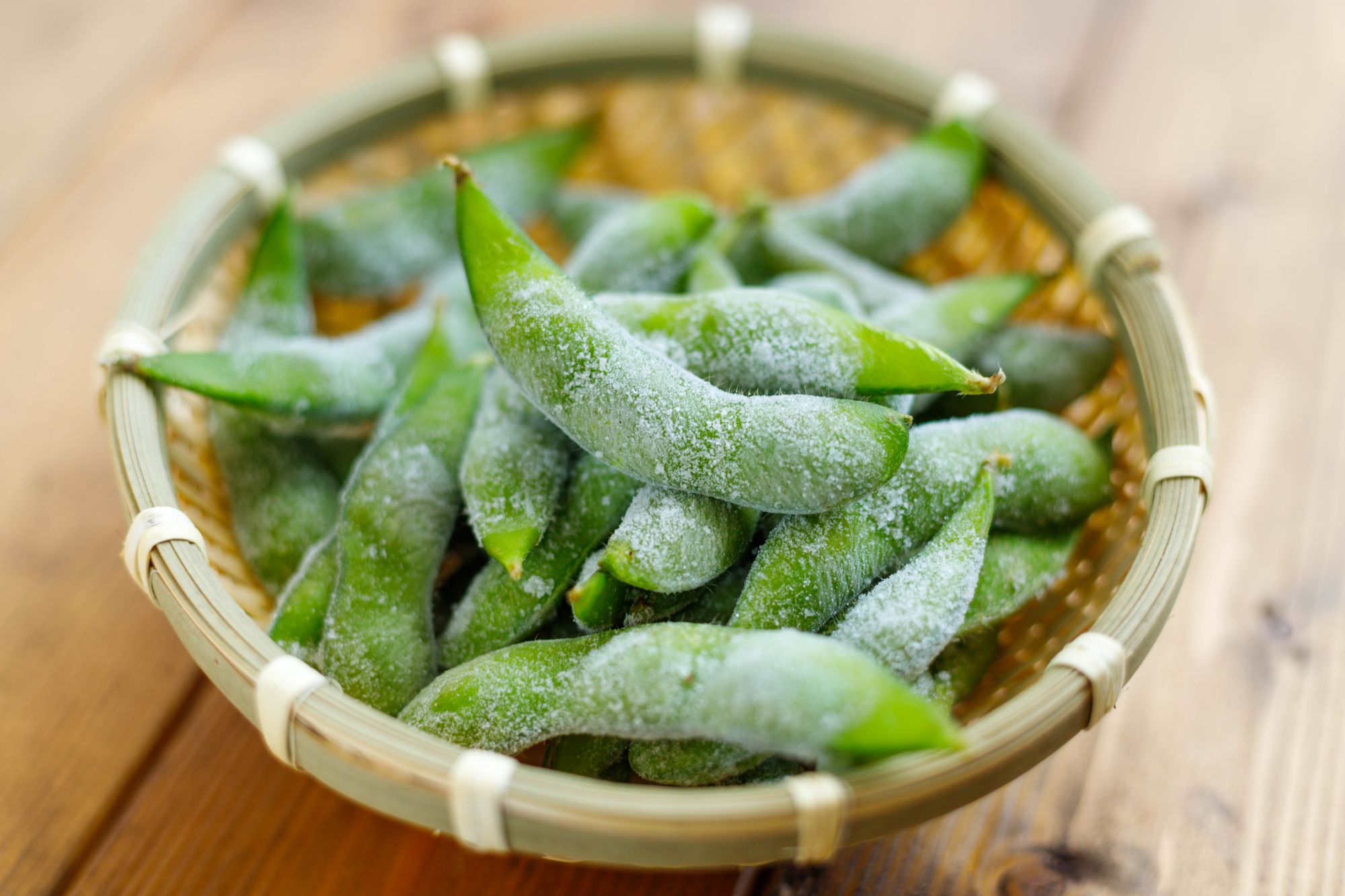
Freeze Your Way to Better Nutrition Looking for a plant-based protein source that's easy to add to your meals? Both Lisa R. Young, PhD, RDN, and Amy Shapiro, MS, RD, recommend frozen edamame. Edamame is a great way to get more fiber into your diet and it's convenient to have in your freezer as a quick snack or to round out a meal.
Frozen Edamame: An Easy Way to Boost Fiber Finding fresh edamame can be a challenge, but frozen edamame is readily available in the grocery store. You can find it shelled or still in the pods, which makes for a perfect and healthy snack when served with just a pinch of salt. Stock up on frozen edamame to get more fiber and plant-based protein into your diet.
6) Sliced Bread and Other Wheat-Based Items
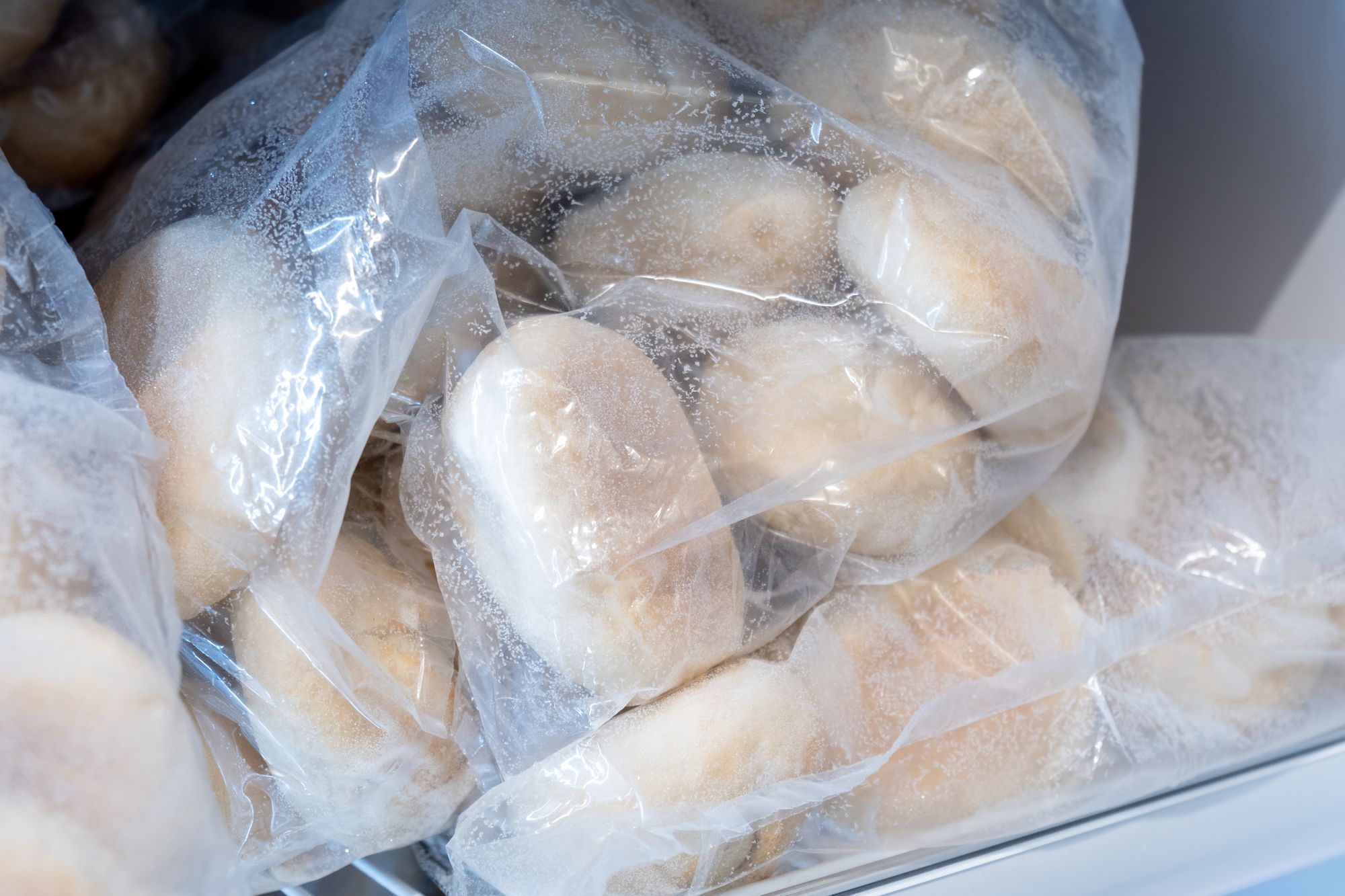
If you're looking for a fast and convenient option for your morning meal, keeping frozen breakfast foods in your freezer can be a game changer. Instead of frozen bread products, which can contain added sugars, consider keeping frozen breakfast items like waffles or pancakes. These can be quickly heated in the toaster or oven, making for a quick and easy breakfast on busy mornings. Another option is to make your own breakfast items ahead of time and freeze them. This way you can have a delicious, homemade breakfast option ready to go whenever you need it.
7) Fish, Poultry, and Meat
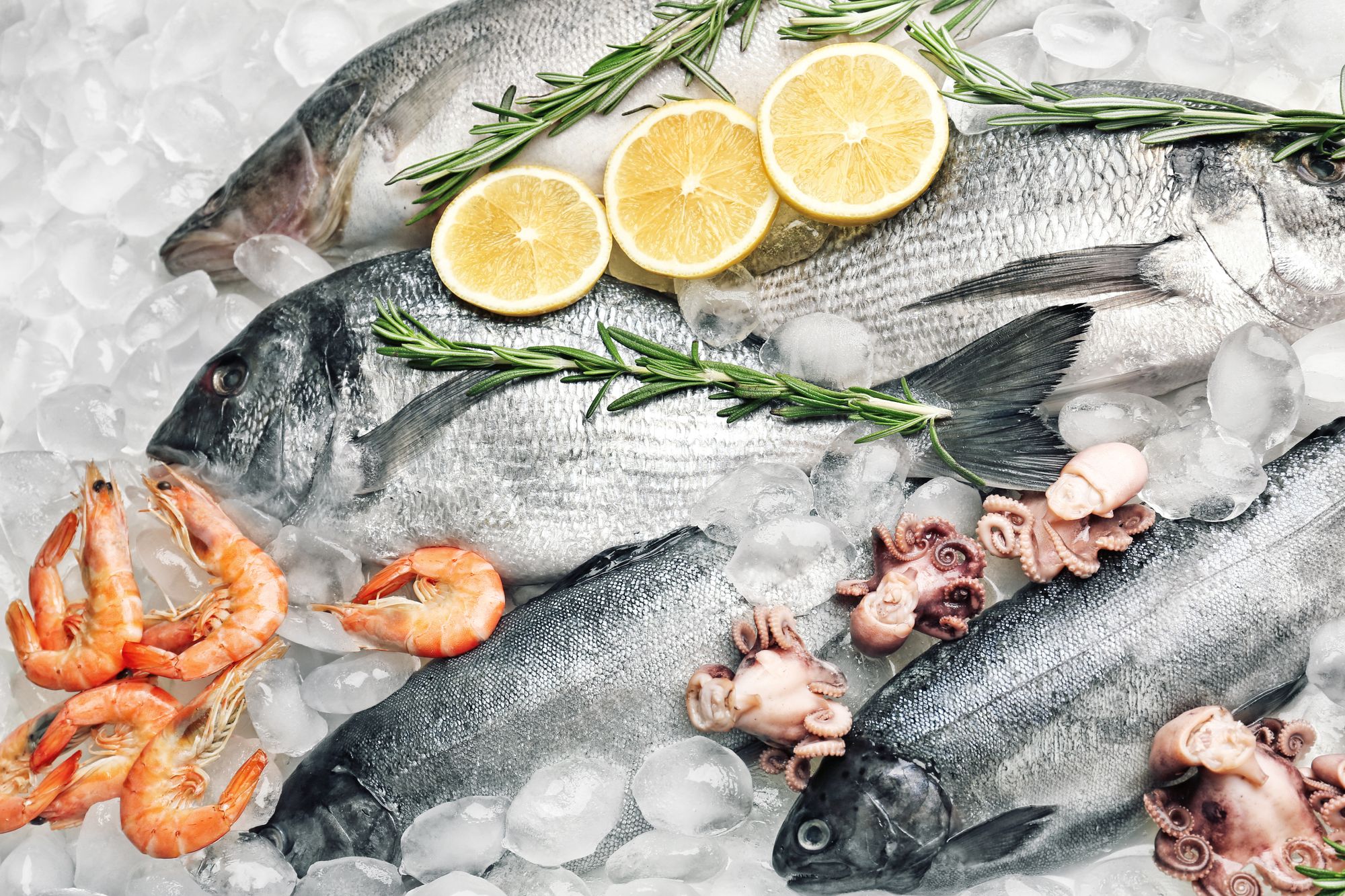
If you're shopping for a large family, or just don't enjoy frequent trips to the grocery store, keeping a supply of frozen fish, poultry, and meat at the house is always a good idea. These proteins don't stay fresh for long, so Young recommends saving money by purchasing them frozen and just defrosting as needed. "Veggie burgers are also best bought frozen and they will last for several months in the freezer," she adds.
8) Pizza
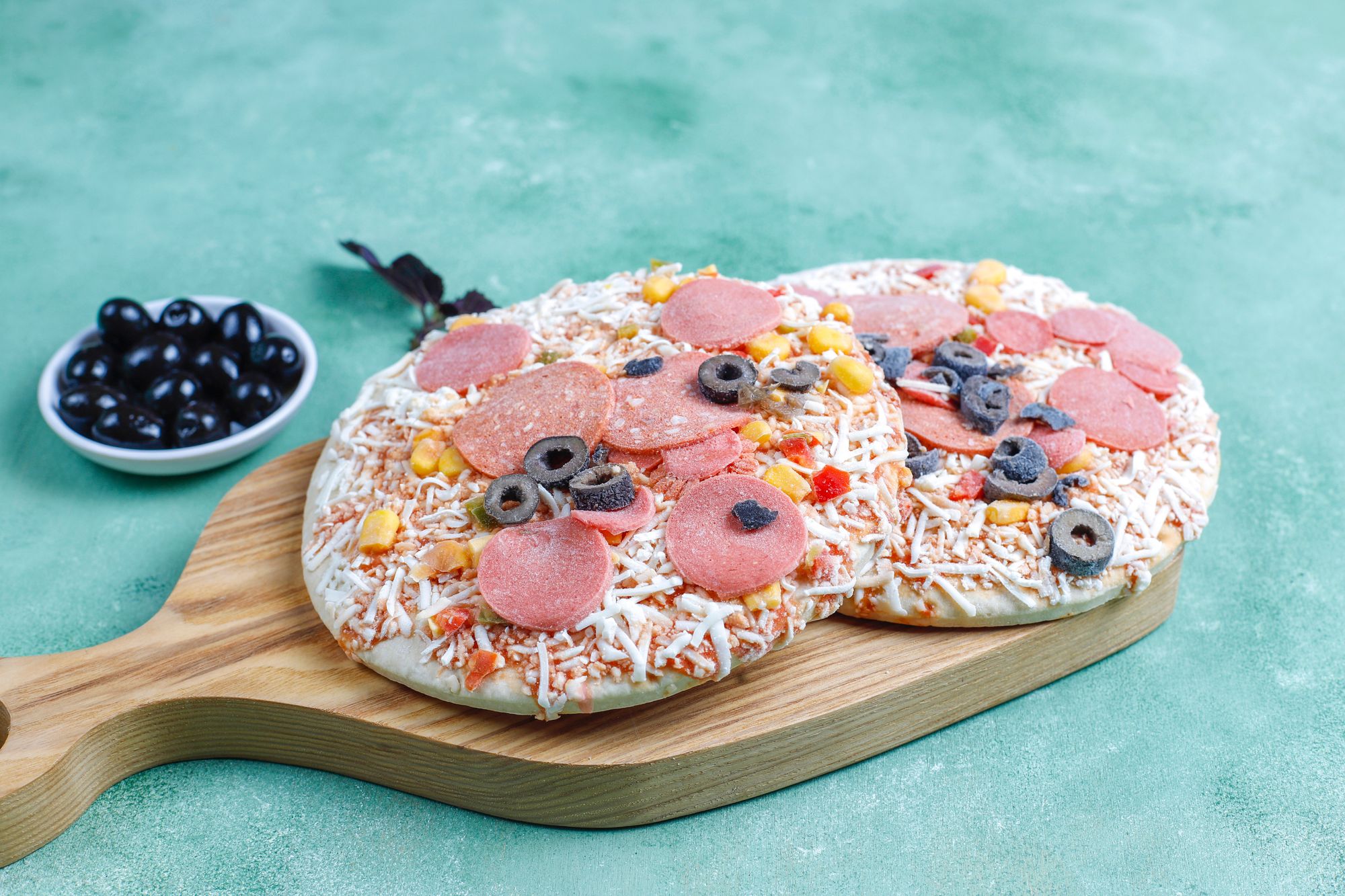
Instead of relying on frozen pizzas for quick meals, you can always keep a stash of frozen ravioli, lasagna, or other pasta dishes in your freezer. Not only do they make for a delicious dinner option, but they can also be just as convenient as pizza. Simply pop them in the oven or on the stove and you have a hot meal ready in minutes.
If you're looking to make your frozen pasta dish a bit more nutritious, consider adding some fresh or frozen vegetables to the mix. You can also opt for whole grain or vegetable-based pasta options, which offer added fiber and nutrients to your meal.
9) Appetizers
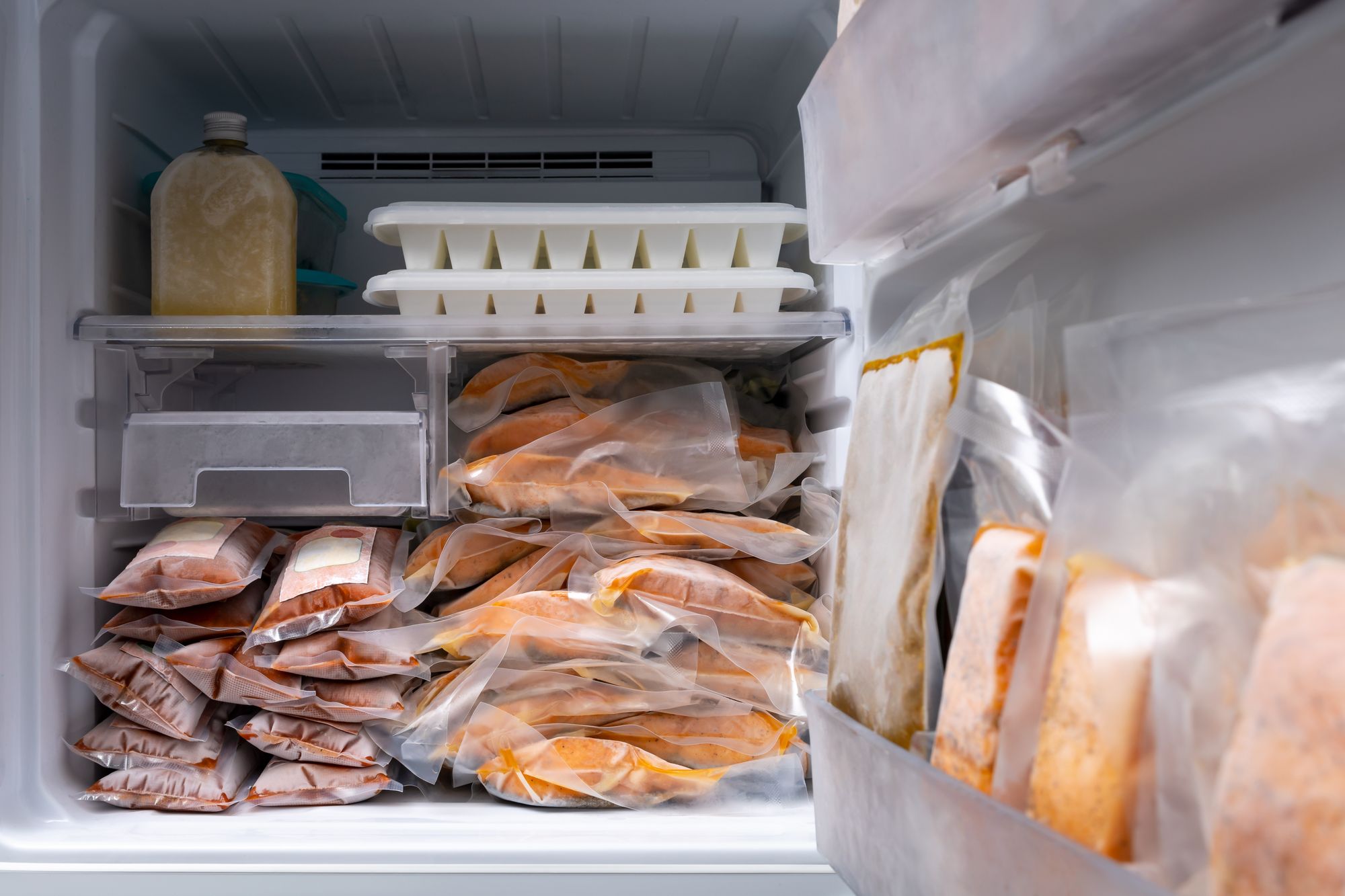
Instead of reaching for unhealthy frozen appetizers, Burak suggests exploring alternative options that are both delicious and nutritious. She recommends keeping a stock of frozen soup, as well as other frozen items that are not only easy to prepare, but also offer some health benefits. When shopping for frozen apps, it's important to carefully read the nutritional information and choose options that are wholesome and nourishing for your family.
10) Shrimp
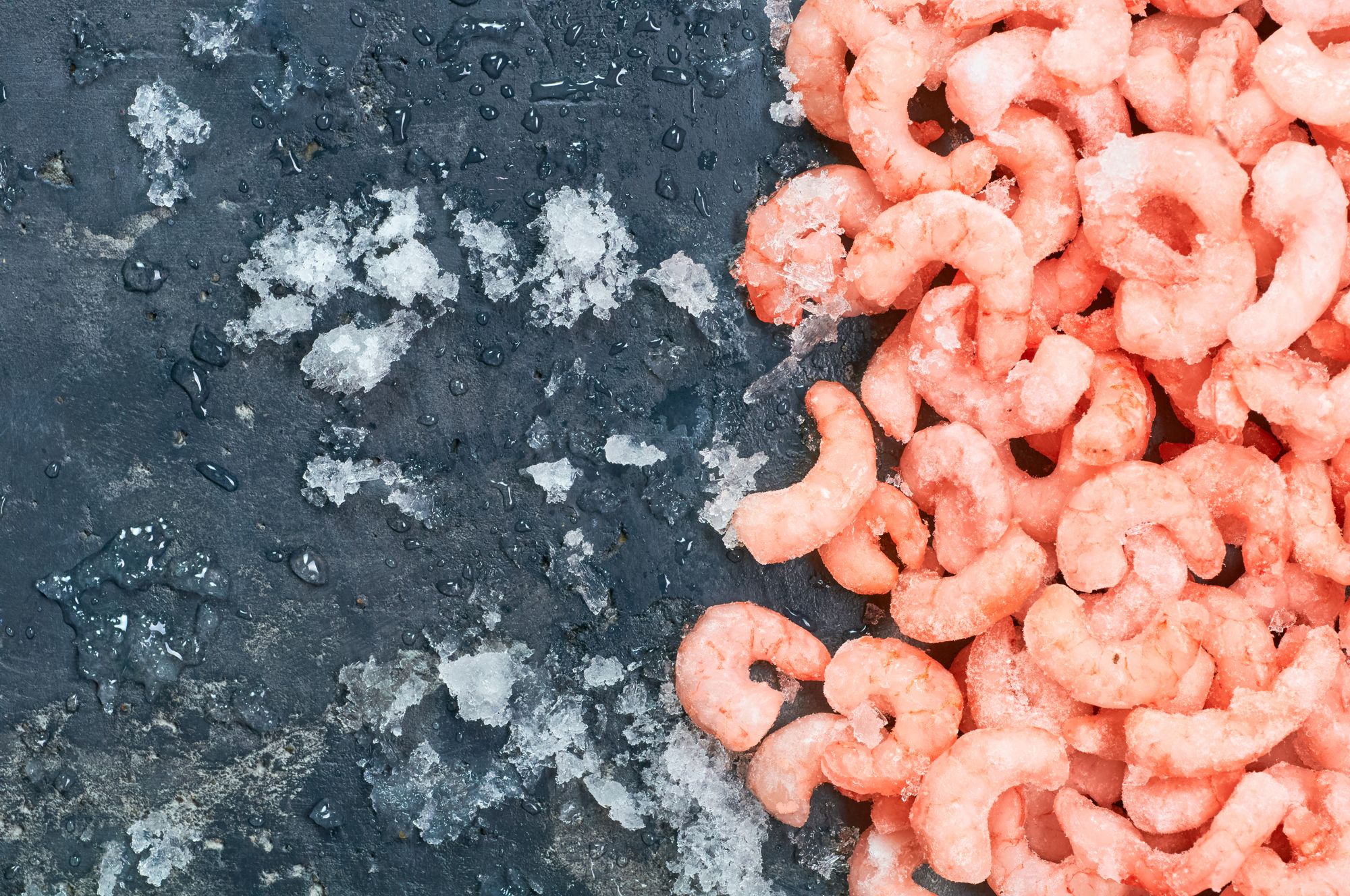
If you're a seafood enthusiast, look no further than the freezer aisle. According to Shapiro, frozen seafood, including shrimp, is a great option for those who want to enjoy a healthy and tasty meal without breaking the bank. The convenience of frozen seafood is unmatched, as it defrosts and cooks quickly, making it a great option for busy weeknights.
Shapiro recommends cooking the shrimp in a simple and flavorful way. She suggests rinsing the frozen shrimp under warm water, then either broiling or pan frying until it turns pink and opaque. You can then season it with a delicious pesto sauce, butter and garlic, or even olive oil and garlic to make a quick and delicious dinner in minutes!

